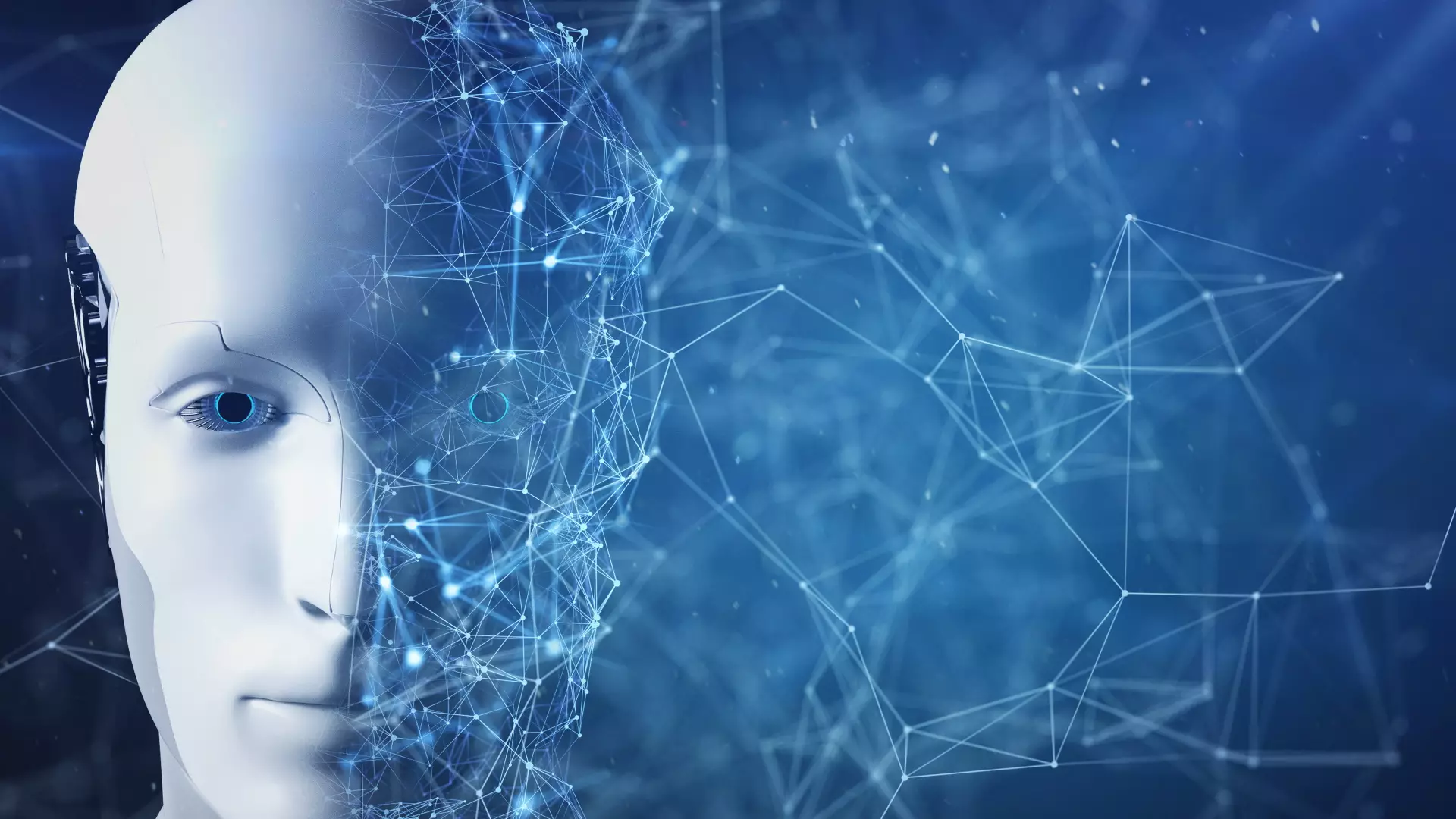In the ever-evolving landscape of 21st-century technology, it’s crucial to recognize the multifaceted nature of tools like artificial intelligence (AI). They are not inherently good or bad but are shaped by the intentions and actions of those who wield them. This dichotomy has become particularly salient as AI systems begin to play larger roles in sensitive sectors such as education. While there are undeniable fears about AI’s appropriation and its potential to mislead or misinform, we must confront these concerns head-on and appreciate the positive avenues facilitated by intelligent systems.
AI’s Role in Educational Evolution
China has announced ambitious plans to incorporate AI into its educational framework, setting the stage for what it describes as a “strong-education nation” by 2035. This initiative is not merely a technological upgrade; it represents a paradigm shift in the way we view learning and teaching. By deploying AI to tailor educational experiences, China aims to develop core competencies in both students and teachers—ranging from collaborative skills to critical thinking. Imagine classroom environments where learning is not a one-size-fits-all but a dynamic, customized journey. The implication here extends beyond rote memorization to fostering a generation of innovative thinkers.
Individualized Learning Through Intelligent Systems
One of the most exciting prospects of AI in education lies in its ability to analyze vast datasets, thereby identifying individual learning patterns and tailoring educational content accordingly. Unlike traditional teaching methods that seldom account for personal nuances, AI can adapt lesson plans to fit diverse learning paces, styles, and interests. This tailored approach not only promotes student engagement but also enhances information retention, making the learning experience significantly more relevant and impactful.
Such intelligent systems have the potential to empower both students and educators, making educational institutions more agile and responsive to the needs of students. By identifying areas where students struggle, AI can recommend additional resources or even pedagogical strategies for teachers to employ. In essence, it serves as a facilitator of communication between data and decision-making, offering new avenues to streamline educational processes.
Navigating the Perils of Misuse
However, as we explore the possibilities, we must remain vigilant regarding AI’s pitfalls. When imparted with inadequate oversight or ethical parameters, AI can lead to erroneous outputs that pose significant risks, particularly in creative disciplines where nuance is essential. For instance, many current AI models excel at generating text that seems agreeable on the surface but often lacks accuracy or context. The deception lies in their confidence, fostering a false sense of reliability that can mislead educators and students alike.
To mitigate these risks, it is imperative that we cultivate bespoke AI systems, custom-built for the educational environment. Constant scrutiny and a commitment to transparency are essential in assuring that these systems function as intended. Successful integration requires accountability, repositioning AI not as an autonomous overseer, but as a collaborative partner in the educational process.
Trust and Ethical Considerations
Despite optimism surrounding AI in classrooms, skepticism persists, particularly regarding the ability of nations like China and the United States to deploy these technologies responsibly. Educational institutions must navigate a complex landscape of ethical considerations while embarking on their AI initiatives. Trust is a fragile commodity; without rigorous regulations and constant oversight, the potential for misuse escalates.
Thus, this journey toward an AI-augmented educational system calls for an inclusive dialogue involving educators, technologists, policymakers, and communities. By collectively articulating a vision for AI that prioritizes ethical frameworks, we can shape a future where technology amplifies educational values rather than undermines them.
As we reconsider the role of AI in education, it serves as a timely reminder that while tools can enhance our capabilities, the responsibility of ensuring that they serve humanity’s best interests lies squarely with us. In this transformative era, we must continuously challenge ourselves to guide the trajectory of technology towards a path that truly benefits society.

